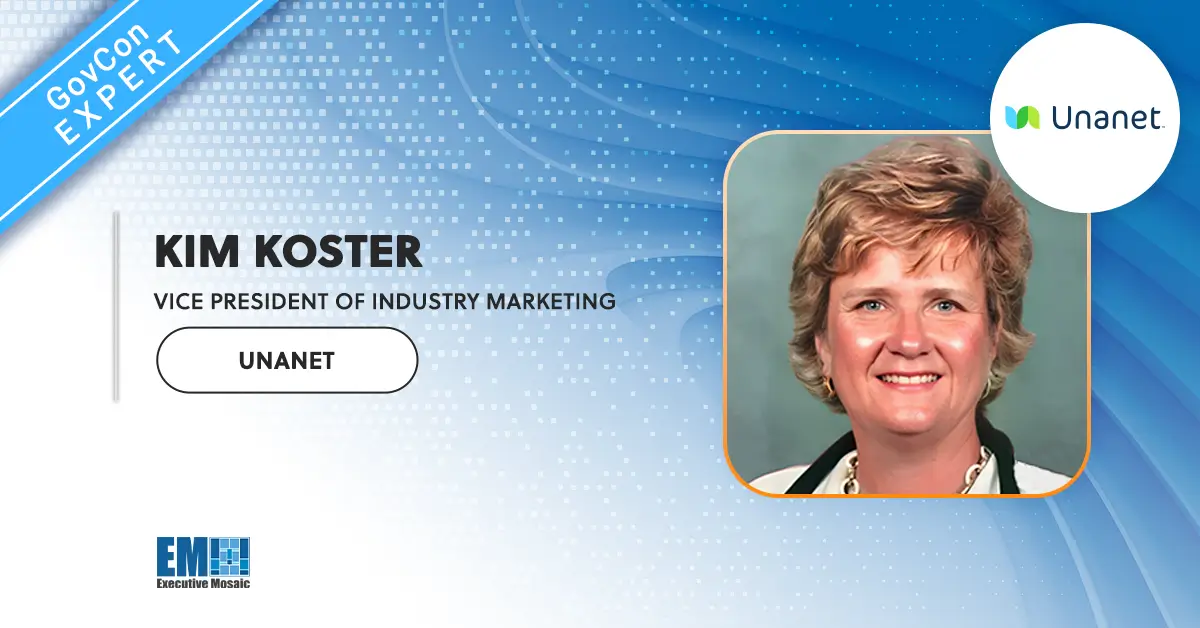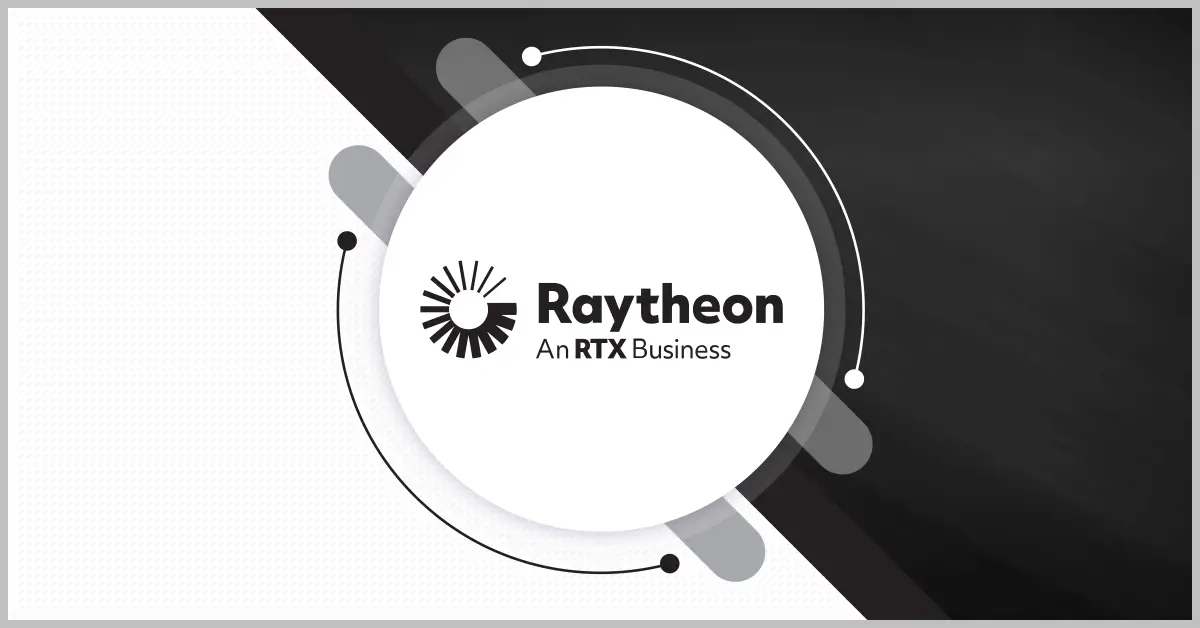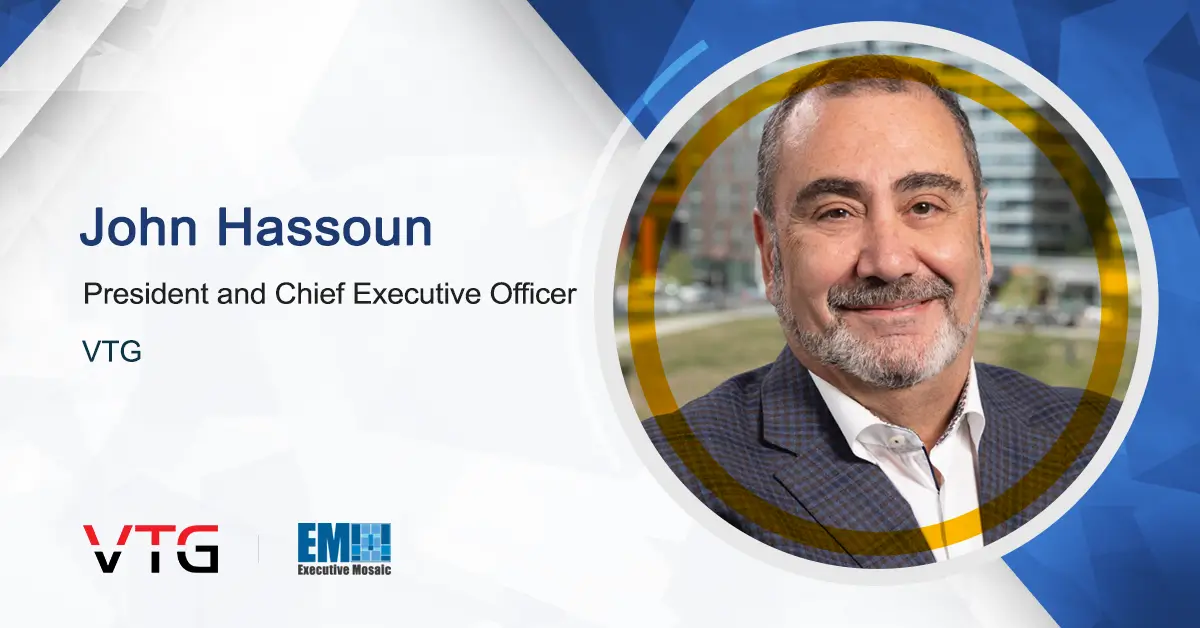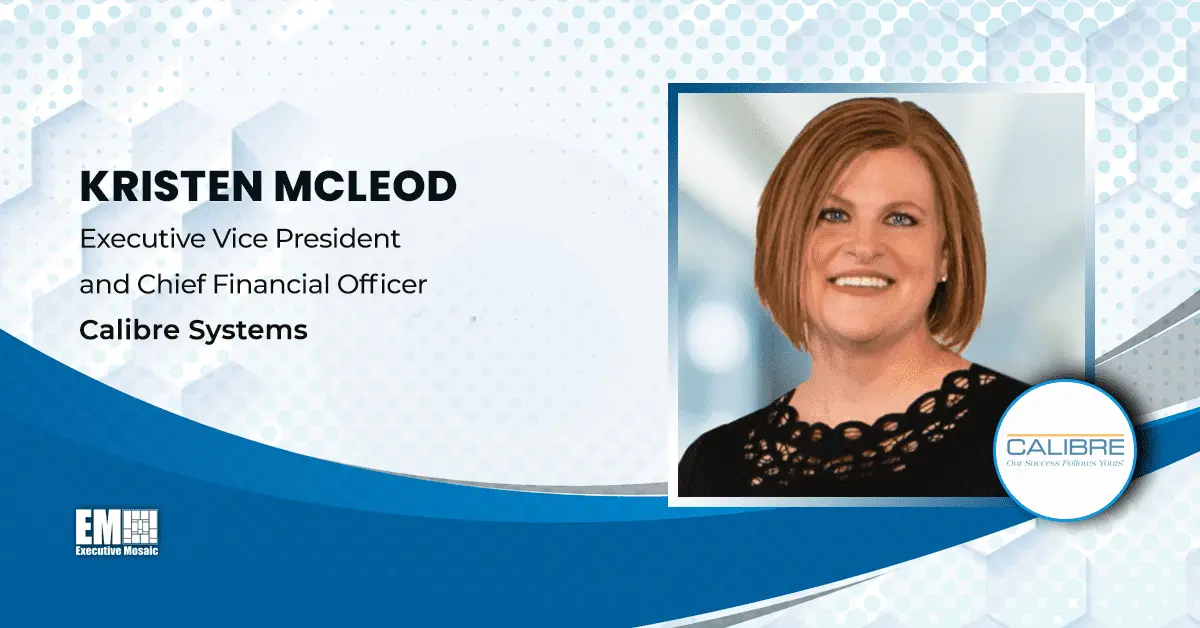By Kim Koster, VP of Industry Marketing at Unanet
In the complex and competitive sphere of government contracting, the process of securing and sustaining contracts with federal, state and local agencies is not just about bids and proposals. It’s about establishing a deep understanding of your market, conducting precise competitor analysis, coordinating inputs from your entire company and a having a profound knowledge of your own capabilities.
The best way to overcome your competitors is by adopting a client-centric approach in which your people are empowered by your tools, data and ability to conduct analysis. Here’s how you can do that.
Understanding the challenge in GovCon
A detailed look at the GovCon landscape reveals an environment fraught with challenges. Leading this list is profitability – according to the GAUGE Report, 60 percent of GovCons see less than 10 percent net profits. This concern is aggravated by the hurdles in organic growth and an upswing in competition levels. In fact, even though the government is spending more money than ever, it is going to fewer companies.
Navigating intricate procurement processes, understanding the elaborate details of ongoing projects and aligning strategies for successful future engagements demand more than industry knowledge. They also require a systematic, data-driven approach that only the most successful and forward-leaning GovCons are adopting.
The three pillars of GovCon success
There are countless tactics and strategies you can use to find success as a GovCon, but three main tenets stand out above all the rest at a high level:
- Winning solutions. What are the differentiators your company offers that clients can’t find anywhere else?
- Exceptional execution. Do you have an unimpeachable track record of achieving results for your clients?
- Exemplary client relationships. What kind of interaction and engagement do you have with your clients? How effectively do you communicate with them how do you track your relationship history?
Cohesion across these elements is typically where businesses slip.
Efficiency through the correct use of data
Information is the currency of success in GovCon. This includes not just the data necessary for proposals, but an array of insights, competitive intelligence and organizational understanding.
Learning the client buying cycle
First, you’ll want to understand your client’s buying process—what influences their decisions, who are the key stakeholders and what are the best ways to continue facilitating a successful transactional relationship.
Tools of the trade
Client relationship management, or CRM, systems tailored to the intricacies of GovCons can provide end-to-end visibility on client interactions and project lifecycles.
Vision for GovCon success: The future of relationship intelligence
The intersection of data analytics and relationship intelligence represents the future of success for GovCons.
The unified intelligence approach
Imagine a future where every interaction with a client is informed by not just historical data but predictive analytics, where every proposal is laser-focused on the unique needs of the potential client.
The GovCon company that uses a software solution to help extract more value out of its data will have a tremendous edge over its competitors.
Ethical considerations in data usage
You’ll always want to address the ethical use of your information, a pressing conversation in the era of big data. Trust and transparency must underpin any approach to data usage, with a commitment to safeguarding client, competitor and proprietary data alike.
The power of personalization
Don’t underestimate the value of personal connections. Unconventional data sources, such as former colleagues and LinkedIn contacts, supplement public databases. Real-world relationships provide insights that anonymized data often cannot.
SWOT in practice
Have you ever conducted a Strength, Weaknesses, Opportunities and Threats, or SWOT, analysis in terms of how you manage and use your data? This is an exercise where you take an honest inventory of these four factors and how they might impact your business.
This isn’t a static exercise as much as an ongoing process, conducted at various points within the client engagement cycle to ensure you pivot swiftly to harness emerging opportunities and mitigate risks proactively.
Taking the first steps: Implementing a CRM strategy
You’ve identified a need to track and manage your relationships with a CRM, but every CRM is different. Now what? Here are a few best practices you can follow as you implement.
Gain support at the highest levels of your organization
You can’t underestimate the role of your company’s leadership in this process. Leadership in this context also involves being advocates for CRM within your organization. Adoption starts at the top and permeates down.
Choosing the right tool
Selecting the right CRM tool involves a careful evaluation of your needs, the sophistication of analysis and forecasting you require and the acumen of your team in transitioning to a CRM-focused approach.
Train your people how to use it
A big part of implementation is learning how to use the tool through training. Invest in the right training and support to ensure your team is on board with this shift. Hopefully, you have consultant relationships or connections with a customer community of your chosen vendor where you can ask questions and learn best practices.
What kind of training tools will you have access to? What kind of customer support is available? These questions matter when it comes time for your staff to use your CRM.
Leveraging CRM effectively means investing in your team’s CRM literacy.
Leveraging cross-functional collaboration
For your CRM to be most potent, it must be the centerpiece for your client relationship data around which your company’s various functions rally. Using disparate systems is a recipe for disorganization and disaster. Your CRM should also encourage collaboration between your various team members, giving them one single source of truth from which to pull data and insights.
Also, as you communicate and collaborate, remember that data quality is at the heart of a functional CRM system. Establish clear guidelines for data entry, usage and security to make the most of your investment.
The route to a winning proposal
Your CRM and how you manage your data can be a major factor in how you build proposals that win more work. In the GovCon landscape, a proposal is not the work of a single individual or department but of a highly functioning team. CRM systems that facilitate this collaboration are key to proposal excellence.
Documenting the journey
From the first client contact to the proposal submission, every interaction should be documented in your CRM. This history provides invaluable insights to help you understand what capabilities and aspects of your proposal you should highlight.
A proactive approach
Use the CRM system to engage with the prospective client in a meaningful way before the proposal is even tendered. Proactive engagement sets the groundwork for a successful proposal.
Building a repository for success
Over time, your CRM system becomes a repository of past proposals, their successes and their failures. It’s a treasure trove of learning and improvement. Not only can you leverage past proposals, but you can increase efficiency by using the best pieces of proposals, like resumes, executive summaries and company overviews and then tweak them instead of rewriting them every time.
The final word: Committing to a CRM-driven future
For GovCons to thrive in the intense competition for government contracts, a CRM strategy that is deeply integrated into their organizational fabric is not just an advantage—it’s a necessity.
By investing in a CRM strategy, your GovCon can go beyond just responding to bids. It will help you take an informed, measured approach to managing your relationships, anticipating needs and ultimately differentiating yourselves in the eyes of prospective clients.
Learn more about what a purpose-built CRM can do for your GovCon.






